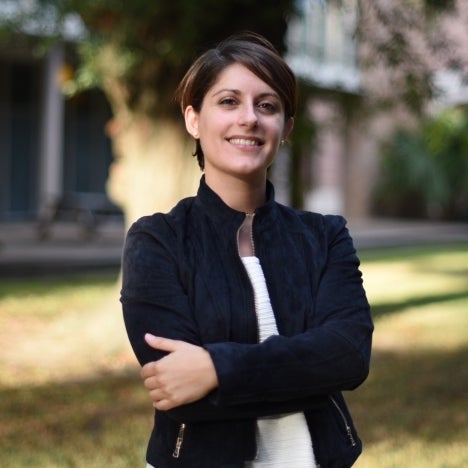Violent conflicts around the world have driven more people from their home countries than ever before. As these individuals and families seek safe havens, new research from Rice University has found that refugee children are up to three times more likely to be poor than adults - even within their own families.

"Child Poverty Among Refugees" will appear in an upcoming edition of World Development. Rossella Calvi, an assistant professor of economics at Rice, is one of the lead authors of the study, which introduces a new, computer-designed method of evaluating data from refugee camps and surrounding communities in Uganda and Kenya (which host a combined population of more than two million refugees and asylum seekers).
The study examines allocation of resources, such as food, water, etc., among different members of a household. The ultimate goal is to allow policy makers to better identify the most vulnerable individuals in refugee settings.
"Data on the wellbeing of individual refugees - including children - is critical for all who seek to diminish or end poverty altogether," Calvi said.
The results of the study are upsetting - children receive far fewer resources than adults. As a consequence, they are much more likely to be poor than their other family members, even when they live together and seemingly share resources. So why is this the case?
Calvi said in refugee living situations, where resources are scarce, there is often competition within families for things like food, water, healthcare, access to sanitation and other things that can improve quality of life. A key contribution of her study is the identification of predictors of child poverty in refugee families (such as a child's age, household composition and access to sanitation and clean water) that can be easily collected by international organizations like the United Nations High Commissioner for Refugees (UNHCR) .
"Based on these predictors, we propose relatively low-cost approaches to target and hopefully reduce child poverty in refugee settlements," she said. "Better designed policies to address these issues have the potential to go far in reducing inequality and poverty among refugees."
The study is available online at https://www.sciencedirect.com/science/article/abs/pii/S0305750X23001584.






